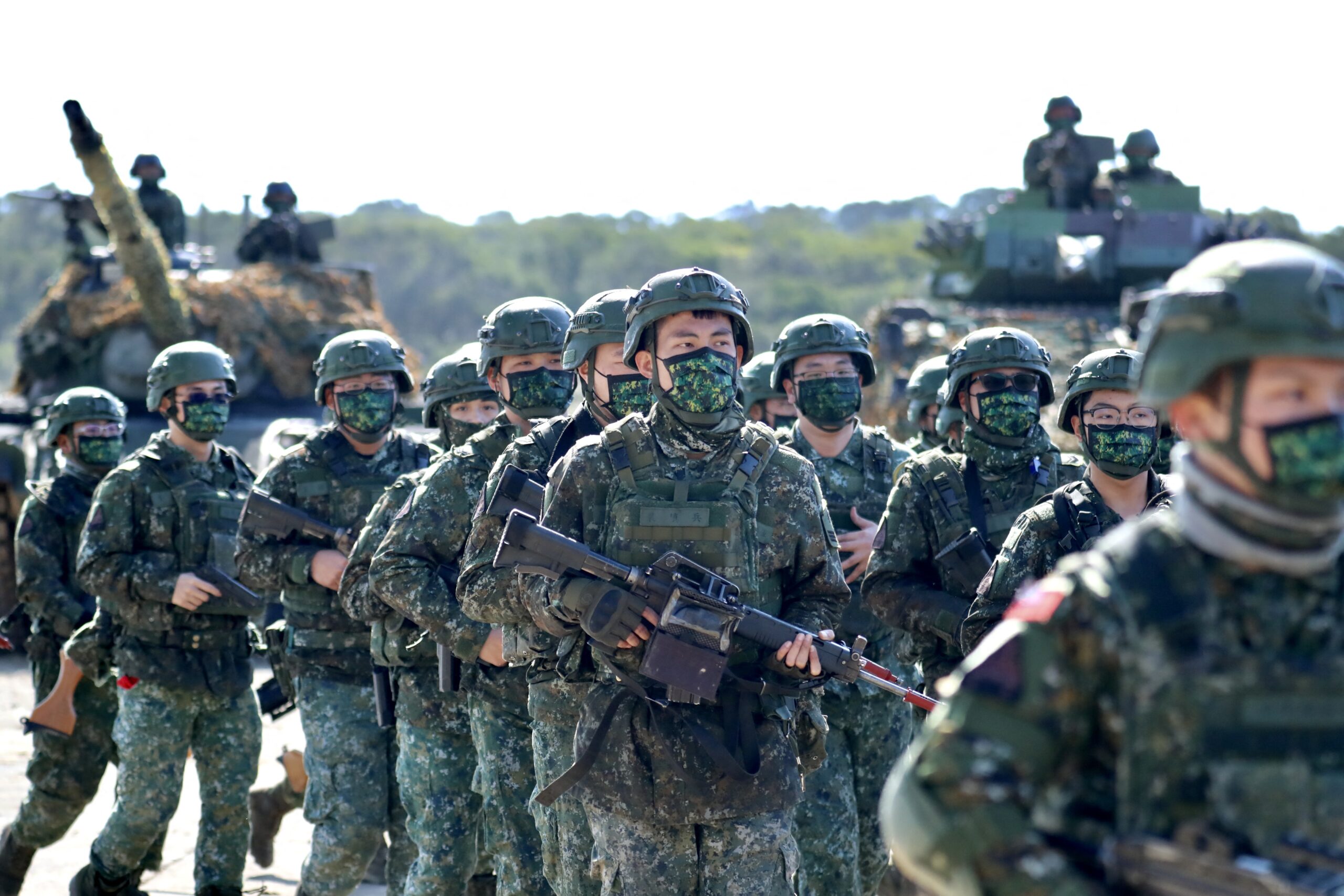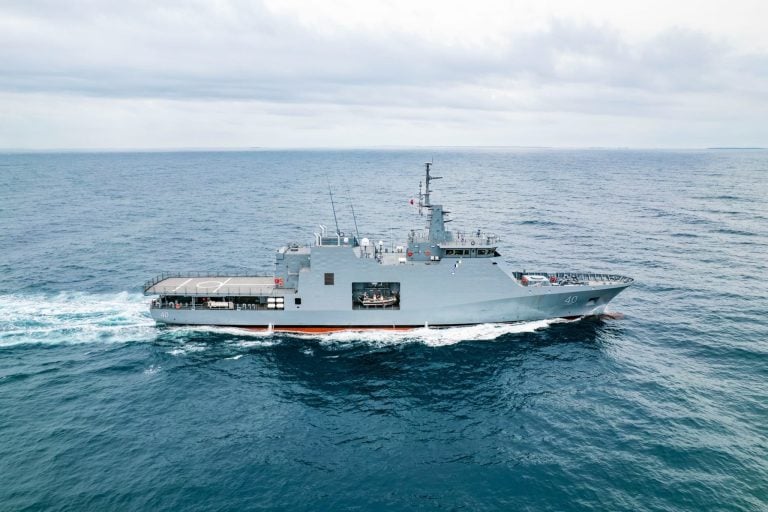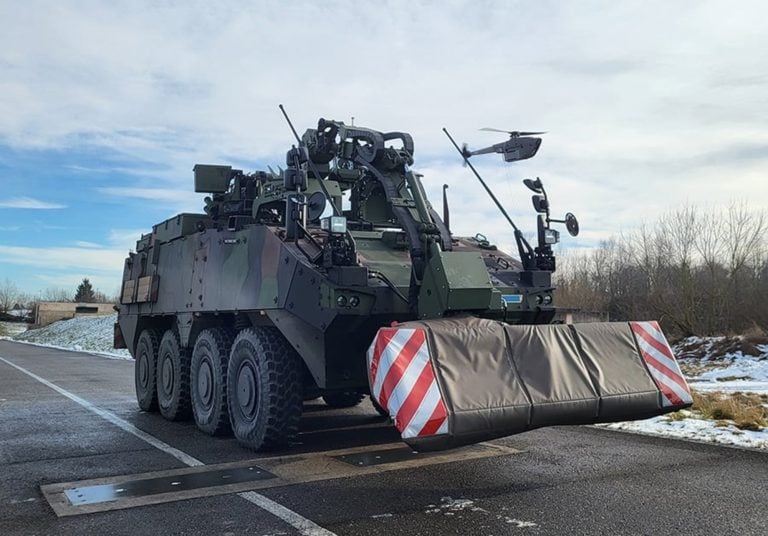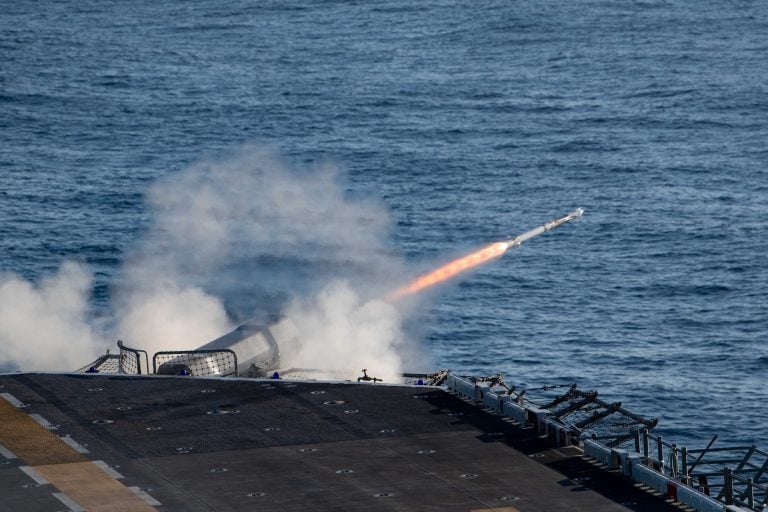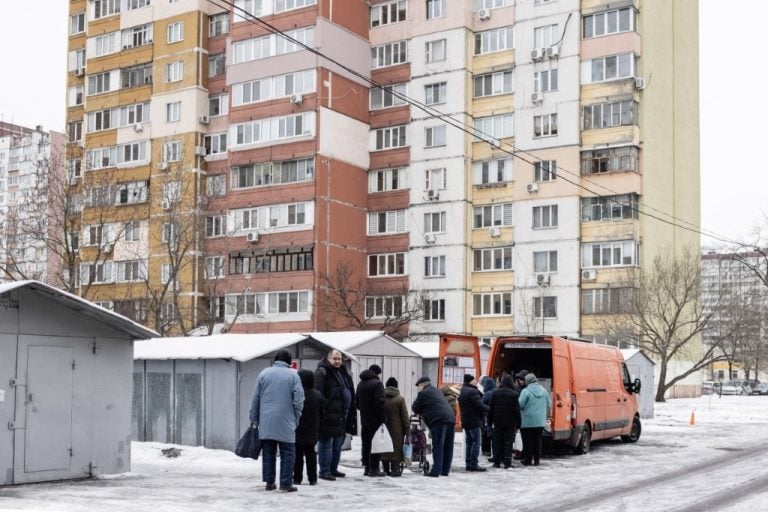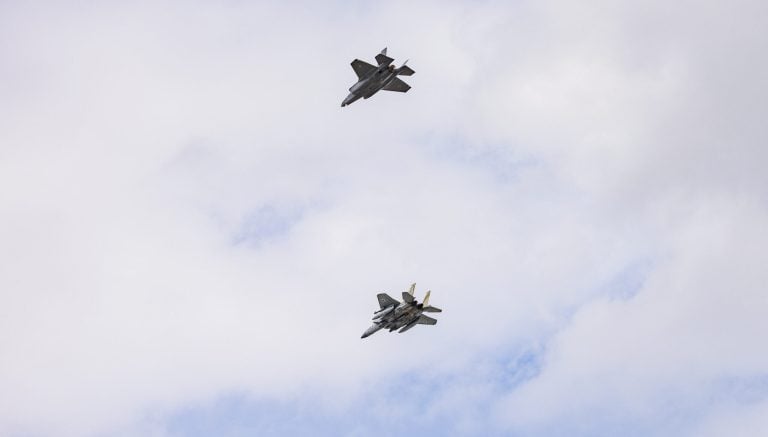Taiwan’s defense ministry is preparing to request unprecedented funding of up to $33 billion to enhance the island’s defensive capabilities amid escalating military pressure from China. This proposed budget aims to address the ongoing threats of potential invasion, with China asserting its claim over the self-ruled island and intimating the possibility of forceful annexation.
Wang Ting-yu, a senior lawmaker belonging to President Lai Ching-te’s Democratic Progressive Party, disclosed the plans to AFP. The initiative involves a special budget estimated between NT$800 billion and NT$1 trillion ($26 billion to $33 billion) over a seven-year period. Although the final amount is still subject to negotiations regarding arms sales with the United States, Taipei’s key arms provider, there is a sense of urgency in boosting Taiwan’s self-defense capabilities.
According to Wang, the initiative is part of a broader strategy to fortify Taiwan’s defense framework comprehensively. This involves integrating sophisticated air defense systems, sourcing advanced technologies for the detection and rapid response to various aerial threats, including small drones and missiles, and enhancing the island’s capacity for ammunition production and storage in wartime scenarios.
The ongoing tension is underscored by the advancements being made by China, which is reportedly developing fifth-generation fighters and leveraging stealth technology in its military arsenal. Wang emphasized the need for advanced sensor and radar systems, asserting that without the capability to detect potential threats, Taiwan’s defensive units would be rendered ineffective.
Taiwan is also keenly aware of the geopolitical implications of its defense spending. Recently, Lai’s government announced plans to increase its defense budget to NT$949.5 billion by 2026, representing over three percent of the island’s gross domestic product (GDP), with a goal to elevate spending to five percent by 2030. This increased funding is seen as both a deterrent and a signal to the United States regarding Taiwan’s commitment to strengthen its defenses.
In addition to the defense strategy, there are ongoing trade negotiations between Taiwan and the U.S. regarding the reduction of tariffs imposed during President Donald Trump’s administration. Wang expressed optimism that the special budget could contribute positively to these discussions, indicating a united front in bolstering national security.
However, moving forward with the budget is not guaranteed. The proposal needs to gain approval from the opposition-controlled parliament, where the China-friendly Kuomintang (KMT) holds significant influence. The KMT, alongside the smaller Taiwan People’s Party (TPP), has previously curtailed defense budget increases, citing the need for effective allocation of limited resources.
KMT lawmakers acknowledge the threat posed by China but emphasize the necessity for strategic spending. Huang Jen, co-chair of the parliamentary Foreign Affairs and National Defense Committee, remarked that while the party recognizes the external pressures, achieving efficacy in budget allocation will be pivotal in their decision-making process.
Su Tzu-yun, a military analyst from Taipei’s Institute for National Defense and Security Research, highlighted the imperative need for bolstering air defenses. He noted that China’s patrols in proximity to Taiwan, featuring warships armed with vertical launch systems, pose an immediate risk. These vessels could potentially unleash over 500 cruise missiles, threatening critical military infrastructure within just minutes.
As Taiwan navigates these multifaceted challenges, the proposed upgrade to its defense capabilities signifies a crucial step in safeguarding its sovereignty and responding to the intimidating military posture of its neighbor.
